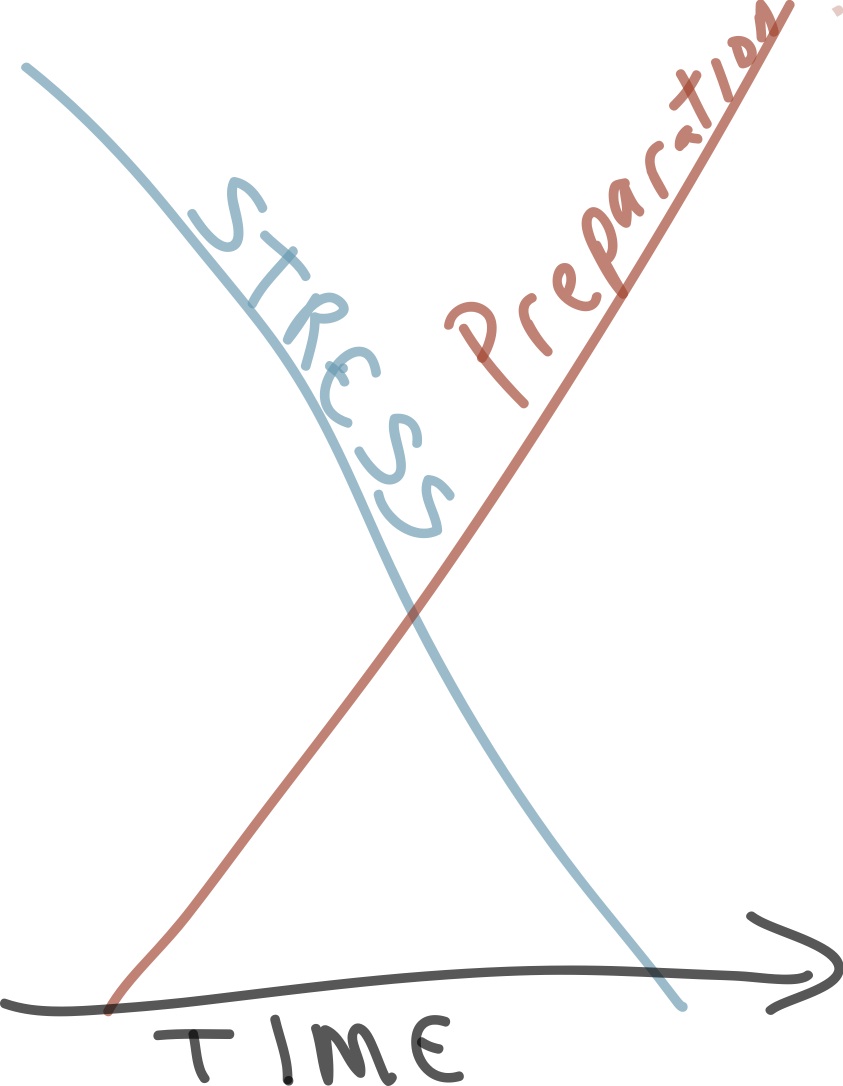According to a recent survey, 40 percent of professionals want to quit their job. I’m curious, is that higher than you would think? I’d love to know what percentage on our staff feels that way….(hopefully not that high!)
As one who studies and writes about organizational health, these numbers frustrate me. What can be done to improve job satisfaction? I love the interview Brad Lomenick did recently with Tony Hsieh of Zappos about their corporate culture. Check it out HERE. Zappos appears to be a place people want to work and one that is remaining very profitable.
According to the Nashville Business Journal, here is a list of reasons U.S. professionals cited for wanting to quit their jobs this year, accompanied by the percentage of respondents who cited the reason:
• Lack of communication and involvement by top management, 40 percent
• Lack of promotion despite good work results, 37 percent
• Overwork, 34 percent
• Lack of company “vision,” 31 percent
• Lack of belief in colleagues’ competence, 28 percent
• Lack of administrative support, 26 percent
• Rude colleagues, 21 percent
• Boss takes credit for their work, 20 percent
Read more: Survey: 40 percent of U.S. professionals want to quit – Nashville Business Journal
What do you think? Should the number be that high? Would you have thought it would be lower of higher? If you are brave, share which side of the percentage you are in today. Are you ready to quit…or loving your work? If you did, which would be your reason for quitting?
(Be sure to read the recommended posts associated with this one.)





James, I'm curious, in what industry would your own thing be in?
I am fortunate to work for a great company, but if I was to quit it would be to pursue my own thing.
The 40% number is low in my opinion, especially in this environment. Reason being is the leverage the employer has over the employee. Very few if any choices are available. Once the market turns though, those same employees will be gone.
Thanks James.
I'm not surprised at the numbers. I don't know the respondent composition, but I'd be interested to know if there was a correlation between service-oriented, direct-relationship positions and satisfaction. I think a lack of connection to real value on a daily basis increases the number indicating dissatisfactions. I've been in many companies that had "vision statement" disseminated across every strata, intentional culture, etc., but most failed to engender my ownership in the end result much less make a case that such a result had positive impact (realized benefit). I'll never forget the black-and-white diagram from gradeschool attempting to describe employment (under the general umbrella of economics) as an exchange of a disutility for a utility. At face value, the "utility" gained by the "disutility" traded is financial, but that's ultimately unsatisfying. Hitting performance targets to satisfy quarterly projections to titillate speculative markets so the stock will go up and everybody gets paid is empty no matter the compensation (utility). It's difficult to feel any real value in the work itself. However, if the disutility (time, effort, personal resources, etc.) is traded for utility that includes not only the means to support life outside of work (including finances, priorities, opportunities), but the ROI of actual, realized value in the work, then I think the numbers indicating dissatisfaction would be much smaller. When I ask my wife (a nurse) how her day was, she can respond in ways that indicate direct, measurable ways she affected life. When she asks about mine, it's projects and percentages, widgets and meetings.
Good feedback to the post. Thanks!
Hey, you can listen to that podcast with Tony Hsieh here: http://www.catalystspace.com/content/podcast/cata…
Thanks Jesse.
Corporations treat employees like they are dispensable. It kills the spirit of a person when their best efforts are not recognized and taken for granted. Spouses of underappreciated professionals witness the daily effects of their mates being in a thankless job. All the strength, energy, sweat of one's youthful years sacrificed to a greedy corporation that has an insatiable appetite for fresh blood.
Yes, I totally get this…One of the reasons I left the corporate world.
I'm actually a little surprised the number isn't higher. I wonder how many people would say that they're in their ideal job, or that love their job. Maybe the percentage is low because people professionals don't expect it to be much better somewhere else? Perhaps this recession has given people a new appreciation for their current job?
What I really found fascinating is how low the percentages were for the various reasons provided. I was nodding at just about every one of them.
I just can’t get out of an industry I entered out of college. I’m good at my job but it’s not my passion or gifting. I want to quit because I could provide so much more value elsewhere.
I understand that…been there.
Hans, what is your passion, and in what state do you live?
I would tend to agree. I've worked for small companies to very large corporations. Whenever I was dissatisfied, it was mainly pertaining to lack of communication from upper management and overwork would be right up there next on my list.
Thanks Michael. I agree.